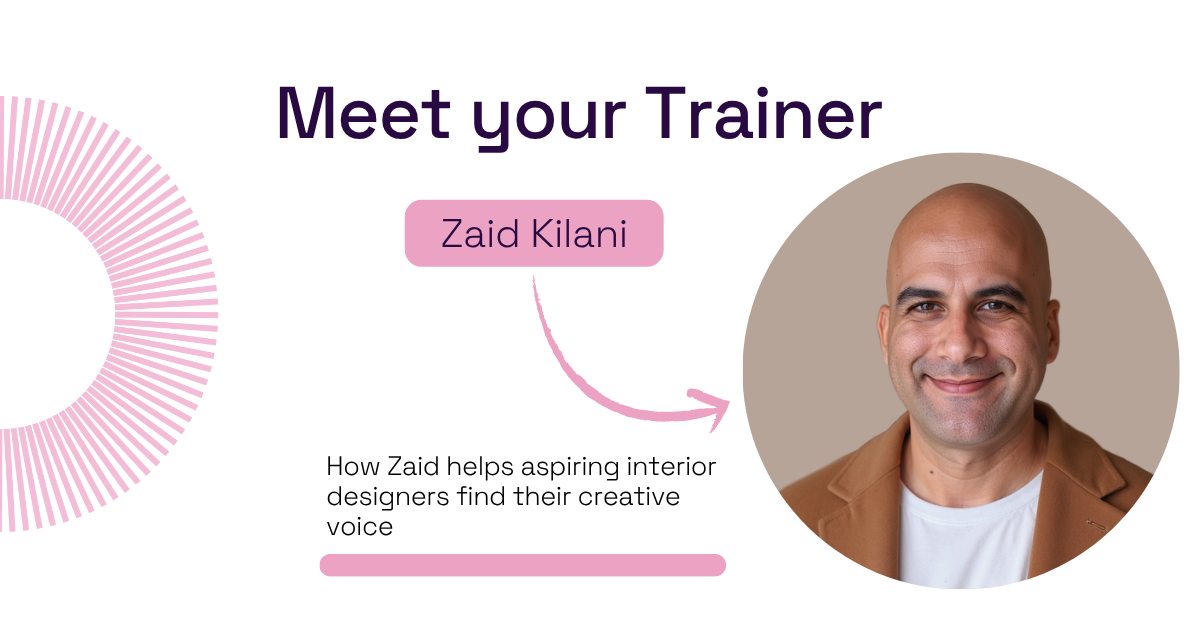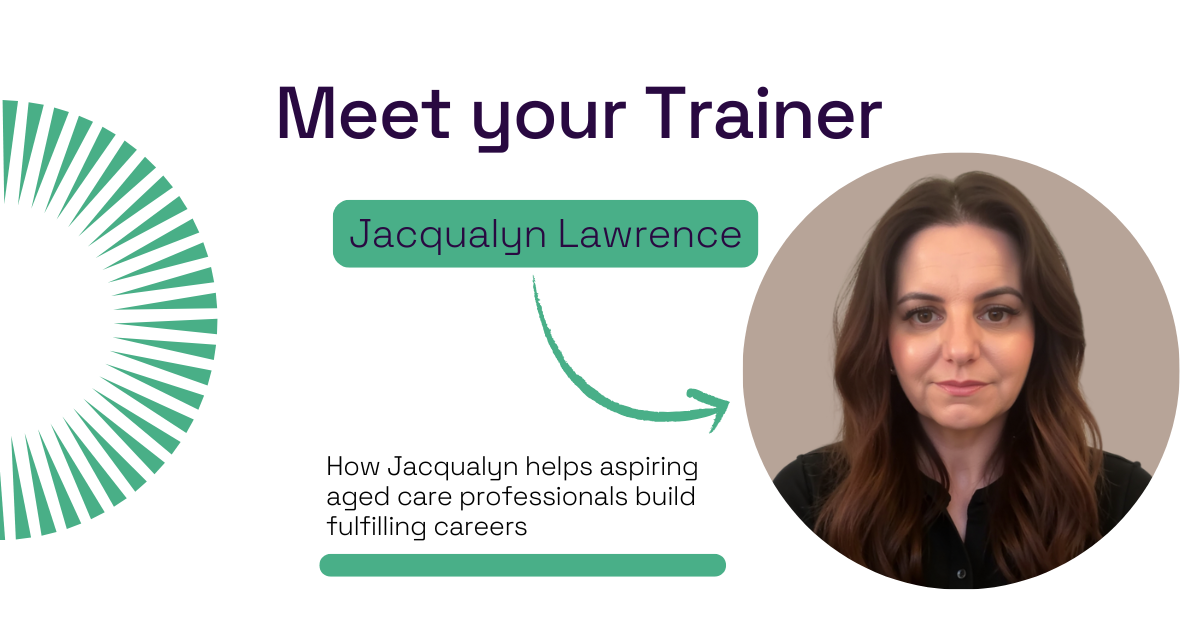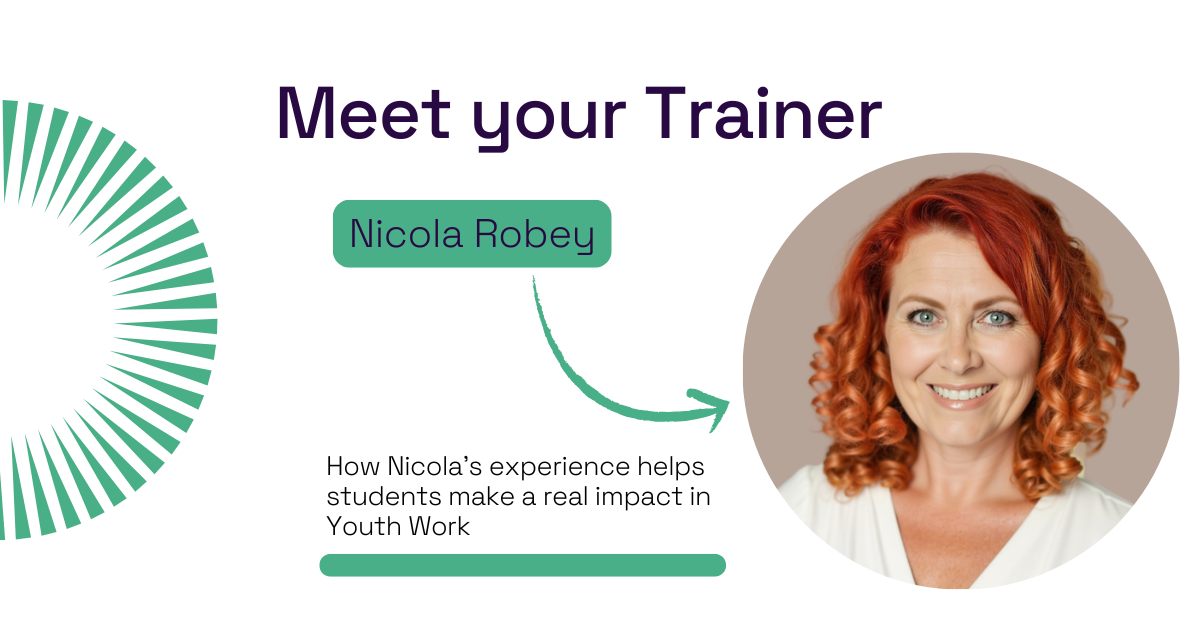Explore our collection of informative and educational blog posts to stay updated on the latest industry trends and expert advice.
Benefits of working as a Disability Support worker

Working in the disability sector can be hugely rewarding.
While it does offer its challenges, working as a Disability Support Worker can also offer you a fulfilling and stable career path that will allow you to work with a wide range of clients.
Some of your clients will need more assistance than others, depending on the disability they are living with. Working closely with these people, you can look forward to building strong relationships with your clients as you empower them to live their best lives.
If you’re considering following a career in disability, then studying a Certificate course can help you land a job.
If you’re still weighing up your options, then read on to find out why we think a career as a Disability Support Worker is one that’s worth pursuing.
You get to enjoy extraordinary job satisfaction
How many people can say that their job brings them true satisfaction?
When you work in the disability sector, your job involves helping people to live their best lives.
Whatever capacity you find yourself working in, you will be making a difference in the lives of your clients. And what can be more rewarding than that?
With many people these days (particularly Millennials) looking for jobs that are driven by purpose, rather than profit, a career in disability can offer amazing job satisfaction.
Your day will be varied
As a Disability Support Worker, you will be working with clients in their own homes or in a care facility. Your job could include a range of different duties, depending on the health and ability of your clients.
Part of your job could include:
- helping with daily living and household tasks, such as cooking, cleaning, grocery shopping, or budgeting
- facilitating programs which can help your clients live more independently
- organising social outings and events
- or simply providing emotional support and companionship.
Whatever your role, your days will undoubtedly be filled with an interesting variety of responsibilities.
You can put your people skills to good use
What traits help to make a good Disability Support Worker? Having the right personality is a very important asset as a disability support worker.
To excel in the disability sector, you will need to be:
- patient
- flexible
- empathetic
- optimistic
- self-motivated
- a good communicator.
Above all, you will need to be passionate about empowering people living with a disability to live fulfilling lives. It’s also important that you have a strong work ethic.
So if you consider yourself to be a friendly, positive, proactive person who enjoys interacting with other people, then a career in disability might be perfect for you.
You can build a meaningful rapport with your clients
When you work closely with people living with a disability, you can’t help but develop an authentic relationship with your clients as you get to know them.
Working in the disability sector will offer you a job like no other. It will be demanding and challenging at times, but it can also be hugely rewarding. And as you get to know your clients, you’ll build strong and meaningful relationships with them that will add true purpose to your daily routine.
You can learn a lot about resilience and personal strength
When you work in the disability sector, you get to work with people who demonstrate an incredible resilience on a daily basis.
In this industry, you’ll be working closely with people who are living with a physical or mental disability, or perhaps both.
You will get to see first-hand the resilience and strength of these people, which will help keep you motivated to continue to do your best every single day.
Managing a work/life balance is easier
Many people working in the disability sector manage to balance their work and life commitments with ease. According to the Australian government’s job outlook website, 67% of people working as a disability support worker or aged cared worker are employed in a part-time role.
This means that you are able to work flexible hours that allow you to make time for your other commitments, whatever they may be.
You may also find that working a shift instead of the normal nine-to-five gives you a little more flexibility when it comes to work/life balance.
Your job is secure
Demand for qualified workers in the disability sector has been growing continuously for the past few years, and won’t be slowing down.
This industry has very strong growth predicted, which means that a career as a disability support worker is one that can offer you reliability, stability, and room for growth.
If job reliability is something that is right at the top of your list of priorities, then a career in this sector can offer you just that.
How do I get a job as a Disability Support Worker?
Ready to begin a rewarding, fulfilling and stable job in the disability sector?
Study a Certificate III in Individual Support (Disability) at our campuses in WA or SA and get your foot in the door.
Our nationally recognised qualifications will help you land your dream job, and will teach you all the skills and knowledge you need to get job ready for an exciting career as a disability support worker.
We also offer on-the-job training as part of your qualification, which can give you invaluable first-hand experience.
And if you want to continue your career in the disability or healthcare sector, you can use this Certificate as a pathway option into our Diploma of Nursing.








